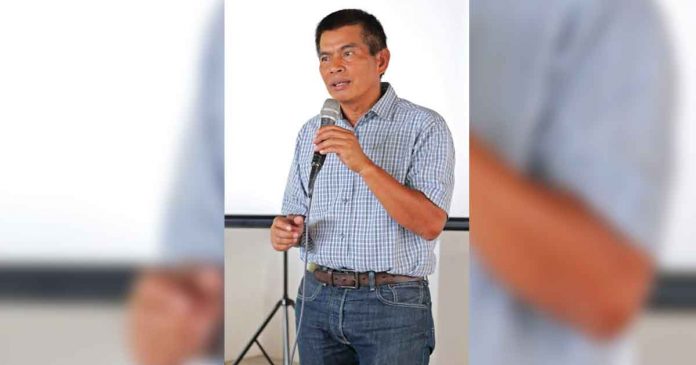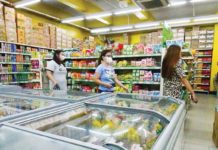
INTERNATIONAL organization Oceana urged local government units (LGUs) to prioritize fisheries management and ecological protection to promote food and nutritional security.
The group cited the need to ensure resiliency of marine habitats and communities from the effects of dump-and-fill projects, land reclamation and climate change.
“The Philippines has the fifth longest coastline in the world. About 60 percent of its municipalities and cities are coastal, with 10 of the largest cities located along the coast.
We rank second in the world (among countries with) the most number of people highly dependent on a healthy marine ecosystem, next to Indonesia. It is incumbent upon LGUs of these municipalities and cities to strictly follow the safeguards in the Philippine EIS (Environmental Impact Statement) system and related rules and regulations,” said Gloria Estenzo Ramos, Oceana vice president.
In a statement, Estenzo said LGUs must “exercise great care and caution when they deliberate on dump-and-fill proposals” citing these projects cause permanent and irreversible damage to coastal habitats and estuaries which serve as spawning grounds of many economically important fishes.
Oceana launched the Citizen Scorecard as a tool for citizens in following EIS and legal safeguards to help in avoiding possible harm to marine environment from destructive projects.
“The scorecard will enable constituents to assess compliance with the existing environmental, fisheries and other related laws in processing application and approval of reclamation projects. Citizens have the most to lose if destructive dump-and-fill projects and other unwarranted development of coastlines continue to persist. The proponents of these projects, including local governments, must not be allowed to circumvent relevant rules and regulations and cause us to be more vulnerable to the continuing loss and damage to our coasts and oceans amid the declining state of fisheries, biodiversity degradation and climate vulnerability,” Ramos said.
Oceana said it devised the scorecard for citizens and stakeholders to rate the compliance by proponents of dump-and-fill activities and check if all required steps are fulfilled.
One of the information sought is whether or not genuine public consultations and public hearings are conducted on the environmental impact study of the project.
The Bureau of Fisheries and Aquatic Resources (BFAR) said the country’s fisheries production last year slightly dropped in 2021 to 4.25 million metric tons (MT) from 4.4 million MT due to lower contribution from commercial fisheries and aquaculture.
Eduardo Gongona, BFAR national director, said at the Blue Economy Growth and Prospects briefing hosted by the European Chamber of Commerce of the Philippines, last year’s fisheries production totaled 871,236 MT from commercial fisheries, 1.13 million MT from municipal fisheries and 2.25 million MT from aquaculture. (Malaya Business Insights/Jed Macapagal)




